Case Study: From Acquisition to Optimization: Delta Driver's Interim COO Success Using Dashboard-Driven Solutions
Challenge
·Post-Acquisition Uncertainty: Private Equity acquisition led to a need for clear operational direction and management continuity.
·Lack of Performance Metrics: Inadequate structure in performance and financial reporting hindered the ability to measure and manage operations effectively.
·Limited Data Insight: The facility lacked reliable data collection and analysis tools, impacting accounts receivable and payable management.
·Communication Gap: Previous management communicated in qualitative historical terms, leading to challenges in aligning with new quantitative business objectives.
·Reporting Risks: Reporting capabilities to the Private Equity firm put top management at risk of misreporting to stakeholders, including investors.
Solution
·Enhanced Data Utilization: Leveraged ERP and business intelligence tools to transform raw data into actionable operational insights, improving decision-making.
·Structured Management Meetings: Established daily and monthly management meetings to focus on immediate production schedules and develop long-term strategies based on performance trends.
·Problem Analysis: The BI tool facilitated the identification of one-off versus recurring issues, allowing for targeted resource allocation to address critical operational areas.
·Defined Roles and Responsibilities: Created a clear management structure with specified roles and tools, enabling precise tracking of success and challenges.
Result
·Material Control: Created a daily mass-balance system to manage material usage and discrepancies, streamlining production.
·Optimized Fleet and Delivery: Integrated fleet dispatch with order entry and customer delivery, improving asset utilization and on-time delivery.
·Financial Management: Controlled operational budgets, headcount, and variable expenses through monthly dashboards and trend analysis.
·Customer Retention: Ranking dashboards revealed customer turnover, enabling timely interventions to retain business.
·Improved Communication and Trust: Empowered inherited management to communicate quantitatively with new management. Similarly, reliable enhancing trust and credibility with the Private Equity firm and investor stakeholders.



